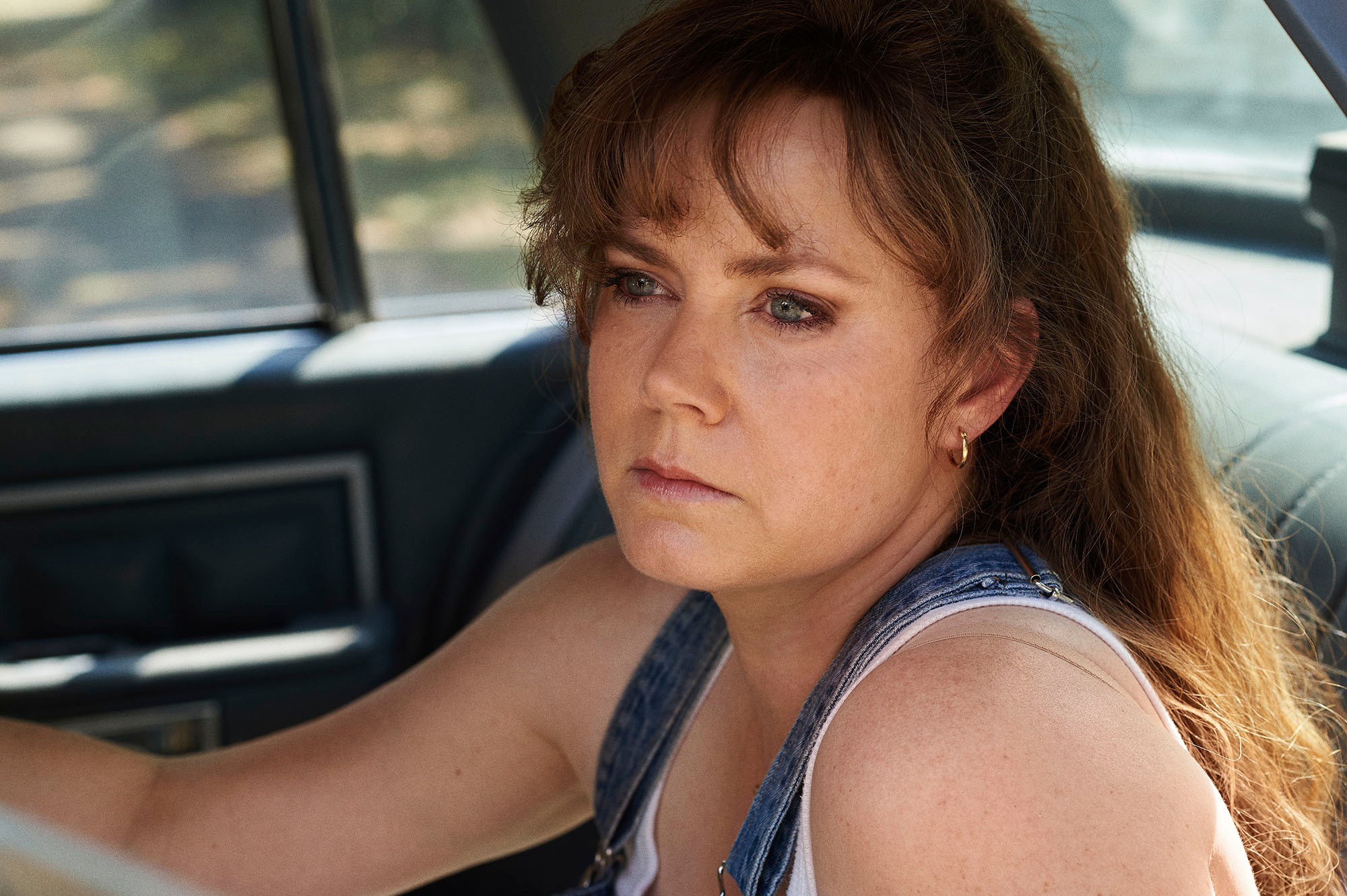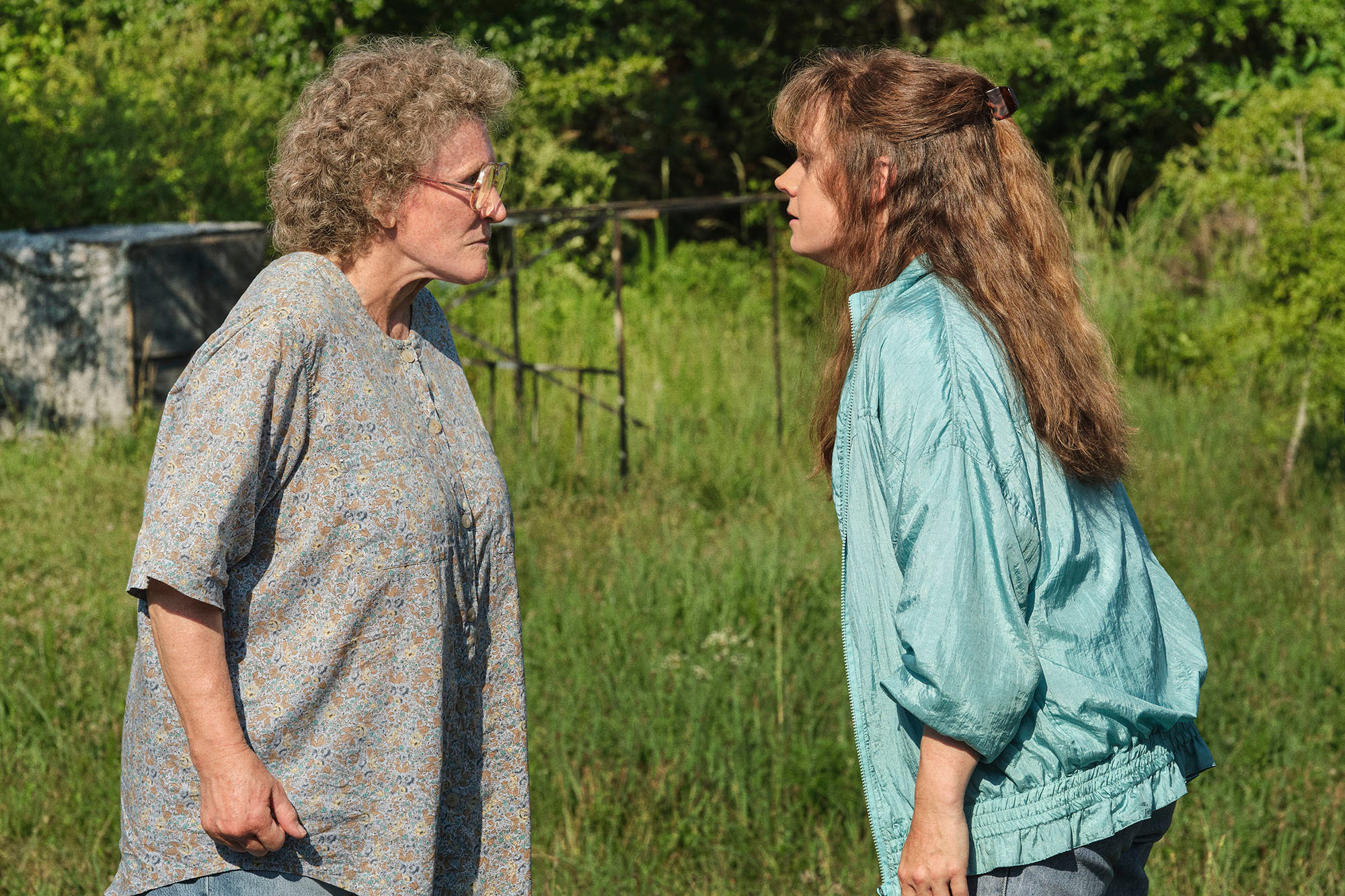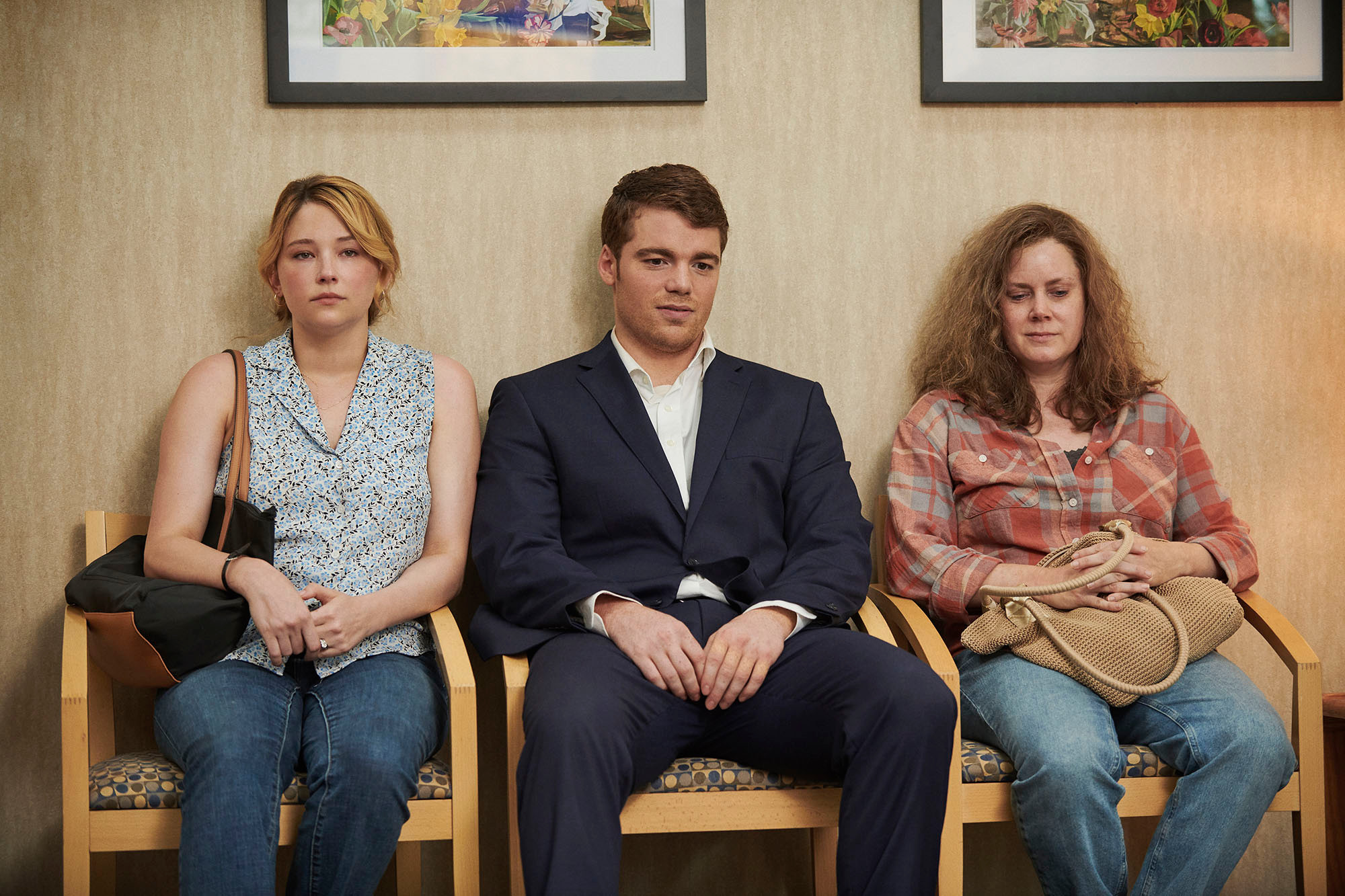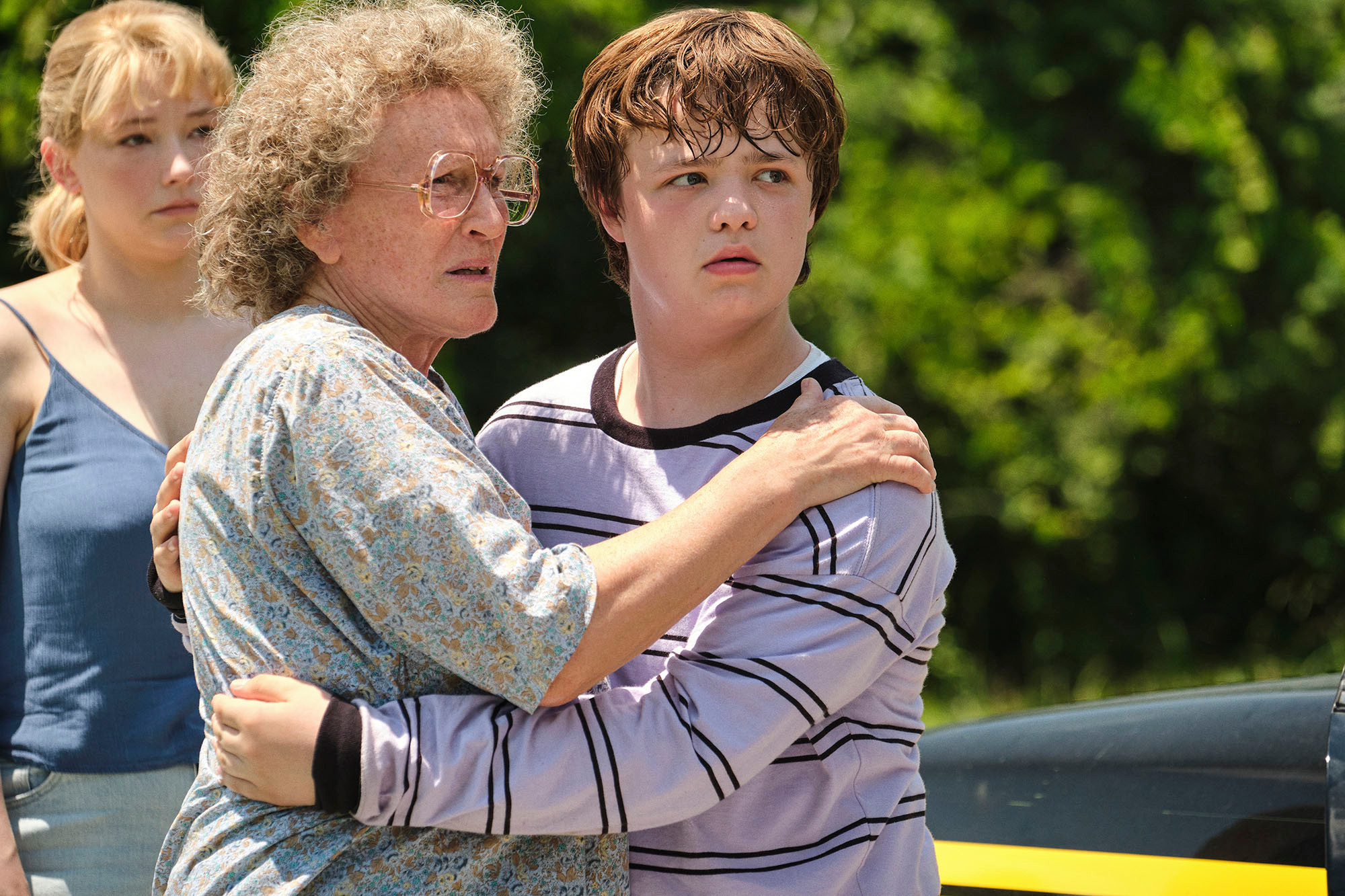More On: amy adams
Ron Howard defends 'Hillbilly Elegy' against critics slamming 'political thematics'
'Hillbilly Elegy' is a horrific showcase for miserable overacting
‘Hillbilly Elegy’ review: Hollywood bungles an important American story
Julianne Moore joins Universal’s ‘Dear Evan Hansen’ movie
Amy Adams joins ‘Dear Evan Hansen’ movie adaptation
The new movie “Hillbilly Elegy” is a series of rotten choices — occasionally by the characters, but mostly by Hollywood.
The new movie “Hillbilly Elegy” is a series of rotten choices — occasionally by the characters, but mostly by Hollywood.
Whose idea was it to cast Glenn Close (“Fatal Attraction”) and Amy Adams (“American Hustle”) as normal women who wear oversize shirts and might dine at KFC?
Who thought Hans Zimmer (“Pirates of the Caribbean”) was the right man to score a subtle, small-town story of perseverance?
That would be Ron Howard (“The Da Vinci Code”), an often fine director but as bad a fit here as everything else, who treats an urgent story about a forgotten American caste like it’s Oscar bait from 1996.
Howard was blessed with rich source material: J.D. Vance’s 2016 memoir is an enlightening work that led to a cottage industry of books seeking to explain the thinking of working-class whites in the wake of the 2016 election. Vance’s memoir, which is still worth a read, was the best and most personal of them all.

Bouncing back and forth through time, Howard’s story takes us through how young J.D. (Owen Asztalos) was born in Kentucky, raised in Middletown, Ohio, and rose above a turbulent family life, in which dinner wasn’t always guaranteed, to study law at Yale. However, the subject matter is much wiser than screenwriter Vanessa Taylor’s lazy blow-by-blow of events.
The violent tendencies and drug addiction of J.D.’s mom, Bev (Adams), are easy to judge but take empathy to understand. His Mamaw (Close), a kooky eccentric whom he leans on for support, is a hoot and encourages J.D. to stick to his studies, but still defaults to an anger with which many audiences will find fault. Without context and background, we’re unable to walk in these characters’ shoes, which is the whole point.

The book is a fascinating, insightful, touching window into a unique community with immense struggles. On-screen, it’s exploitative.
For the most part, recent movies that have probed the lives of poor and working-class Americans — “The Florida Project,” “Moonlight,” “Lady Bird” — have chosen respectful subtlety and have exposed the unsung beauty of pockets of America. “Hillbilly Elegy,” on the other hand, practically underscores its turning points with a gong. Everything is exaggerated, so the commentary is lost.

No matter how much old footage of the family Close and Adams watched, or how hard they worked on their characters, the Appalachian personalities feel fake. Close, at least, has weird down pat, so you believe her strange tendencies, if not her down-home upbringing. Mamaw’s love for her grandson, while shamelessly sentimental, saves the movie from the shredder. Adams, however, is a Category 5 hurricane and could use some variance. Howard should’ve yelled, “Amy, this is not ‘The Exorcist’!”

As older J.D., who also narrates, Gabriel Basso is given the unenviable task of observing more dynamic people than himself for two hours. Deep down, the character must be conflicted, hurt, determined — but we don’t see or perceive any of that.
Vance’s book brilliantly refuted a common Northeast belief: that people move to our shiny cities to escape from somewhere awful. But the author loved where he came from and expressed that he succeeded not in spite of his upbringing, but because of it. The film has none of that complexity and is just a vehicle for awards-hungry actors to showboat.

















